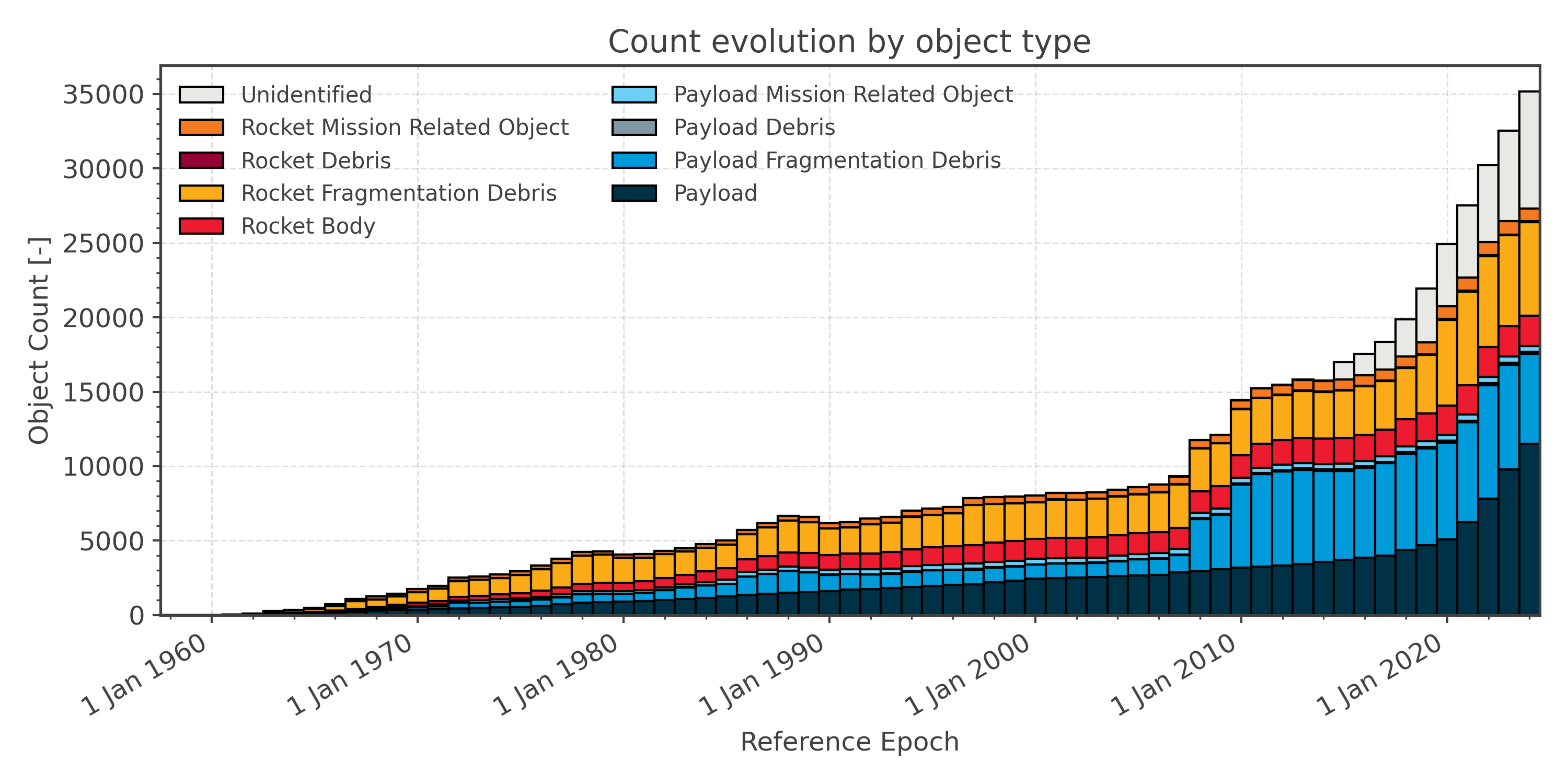Is your home under threat from Space Junk?

A man named Alejandro Otero of Naples, Florida, posted on X that a metallic thing struck his home, went through 2 stories, and nearly endangered his child. After obtaining it for investigation, the post went viral, and NASA confirmed that the object was space debris. It confirmed that the objects were old batteries separated from the space station.
Space debris has become a topic of hot discussion among environmentalists. Even though most debris can fall in the oceans, if it can be planned, much space debris revolves around the Earth for a long time before falling to the surface due to gravity. Space debris poses a potential threat based on its size and form. It is assumed that much of the space debris burns up while falling through the atmosphere.
It was estimated that around 36,000 objects of considerable size are present in orbits around the Earth, and there would be around 9,000 working satellites. The remaining objects are space debris—a potential threat to Earth's people—and rotating satellites in orbits. A scientist told GeethanPost that there could be more than a million objects of smaller size in the orbit.
So, do you have a threat?
Suppose you are living in an average home anywhere in the world. In that case, it can be calculated that you have a 1 in 100,000 probability of taking a hit when an object falls through the atmosphere. So, for now, you can feel safe - there are not just enough objects in the space orbits to boost the odds. The accident we mentioned initially is a rarity and can be ignored statistically. That should put you in a comfortable situation.
Increasing space debris
Though the probability of space debris is not that high, we should be alarmed by the rate of increase over the years. In the last year, there has been a 12.5% increase in space debris compared to the previous year.

This is attributed to SpaceX undertaking more commercial flights.
So, should the number of objects in space increase, then there might be a reason for us to start worrying. Until then, we should be good.


